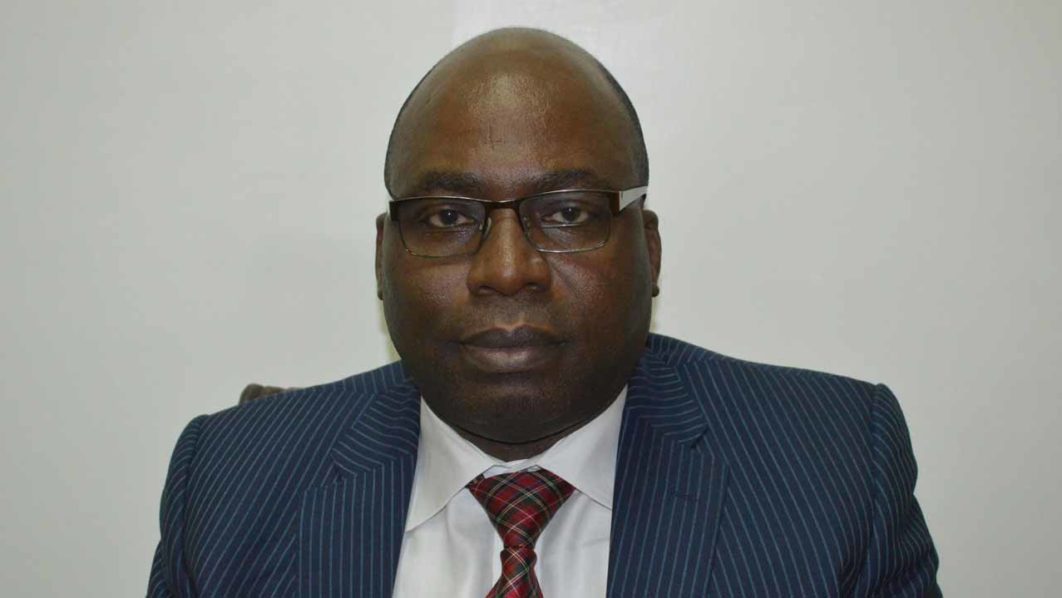
Chairman of the Independent Corrupt Practices and Other Related Offences Commission (ICPC) Prof. Bolaji Owasanoye says the country has no business borrowing money for development if Illicit Financial Flows (IFFs) could be tackled.
According to Owasanoye, administrative actions, legal reforms and technology interventions are needed to curb Illicit Financial Flows in the country.
ICPC Chairman stated this at a webinar on Understanding Illicit Financial Flows for the Development of Innovative Ideas in curbing the menace, organised by the commission, in Abuja.
He said: “The country has no business borrowing money for development because it can generate a lot of money through its economy. As we know, many Africa countries are struggling to find capital for development.
“Often times, the strength, size and potential of our economy is discussed but the benefits are never seen or realised for the good of the people because a substantial amount of the capital leaves our shores. They leave in different ways. One of the ways is described as Illicit Financial Flows (IFFs), which is money illegally transferred or illegally used. But sometimes, money that is legally earned is illegally transferred and it becomes dented,” he said.
He further explained that, “When companies do business and earn profit but decide to transfer it, claiming that the money was earned in some other jurisdiction, it becomes a crime.
“They are denying the country where the business took place, the country that bears the consequences of environmental degradation and other challenges the chance for development.
“They leave the problem behind and take away the money that would have been used to solve the problem.”
Dr Adeyemi Dipeolu, the Special Assistant to the Vice President on Economic Matters, said that poor governance and weak regulatory structure gave room for legal loopholes.
“Criminals will try to explore such legal loopholes in order to perpetrate IFFs. For instance, if a law in one’s country enables certain forms of activity and the law in other countries also gives a loophole, then you might find companies getting away with double non-taxation.
“There is also the issue of tax incentives which a lot of countries give to attract foreign exchange. Usually, this can lead to tax competition. If your tax incentive is the one that you keep adding incentives, very soon, all the companies in your neighborhood will have very low returns on tax,” he said.
Dipeolu tasked African countries to incorporate international tax rules in their domestic framework as they try to improve international tax system.
He applauded ICPC for bringing all the concerned agencies together to share common understanding of the problem of IFFs, and said there was need to understand this issue and the danger it causes.
On her part, Ms Irene Ovonji-Odida, a Ugandan lawyer and politician, noted that Africa on the global stage was seen as a very poor continent.She said but in actual fact, when one looked at the natural resources the continent was endowed with, “no doubt, Africa is actually the richest continent.”
“There is no country that has advanced its economy through reliance on foreign investment. The issue of IFFs is very critical because while Africa is on the one hand crying about it and looking for overseas assistance.”



